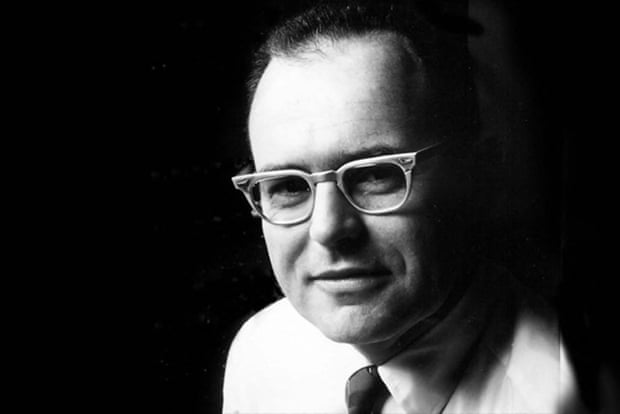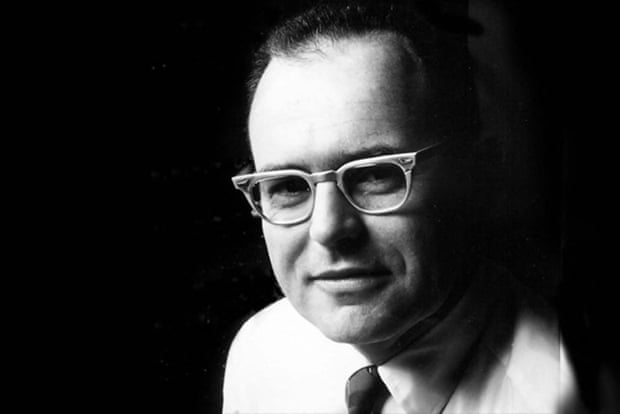Gordon Moore, the co-founder of Intel and pioneer in the semiconductor industry, has passed away at the age of 94. Moore’s contribution to the development of microchip technology and his prediction on computing power known as “Moore’s Law” allowed for the advent of personal computers, the internet, and the rise of Silicon Valley giants. Despite rivals like Nvidia Corp contending that Moore’s Law no longer holds due to manufacturing improvements slowing down, Intel’s CEO Pat Gelsinger believes the law still holds as the company invests billions of dollars in a turnaround effort. Moore was known as an “accidental entrepreneur” and did not have a burning urge to start a company. However, he, Noyce, and Grove formed a powerhouse partnership, with Moore being the one who refined Noyce’s broad ideas and spent countless hours tweaking transistors. Under their leadership, Intel invented the microprocessors that paved the way for the personal computer revolution. Moore was also known for his passion for sport fishing and his philanthropy. He and his wife, Betty, started a foundation that focused on environmental causes, and Moore gave hundreds of millions to his alma mater, the California Institute of Technology.

Gordon Moore, the co-founder of Intel and engineer who predicted the rise of the PC, passed away at the age of 94 in his home in Hawaii. Moore, who was regarded as an accidental entrepreneur, became famous for his prediction on microchip technology which eventually became known as “Moore’s Law.” He noted in 1965 that the number of transistors on microchips had doubled every year since the invention of integrated circuits a few years prior. His prediction that the trend would continue led Intel and other chipmakers to focus their resources on making it come true. Later amended to every two years, “Moore’s Law” became a rule of thumb that has been followed for decades.
Moore, who co-launched Intel in 1968, was the engineer behind the company’s success, and his contributions helped put “Intel Inside” processors in over 80% of the world’s personal computers. He wrote in 1965 that the advancements in integrated circuits would lead to numerous wonders, including home computers, terminals connected to a central computer, automatic controls for automobiles, and personal portable communications equipment, which were realized decades later.
The news of Moore’s death was announced by Intel and Moore’s family philanthropic foundation. He died surrounded by his family. The world has lost a visionary whose contributions helped shape the modern computing industry.
Gordon Moore, the co-founder of Intel and pioneer in the semiconductor industry, passed away at the age of 94 in his home in Hawaii. Moore was known for his contribution to the development of microchip technology and his prediction on computing power known as “Moore’s Law.” His law predicted that the number of transistors on microchips would double every year, and later every two years, which pushed Intel and other chipmakers to focus their research and development resources on making the prediction come true.
Moore, who co-launched Intel in 1968 with Robert Noyce, contributed greatly to the company’s success and helped put “Intel Inside” processors in more than 80% of the world’s personal computers. His prediction on microchip technology allowed for the advent of personal computers, the internet, and the rise of Silicon Valley giants such as Apple, Facebook, and Google.
Despite rivals like Nvidia Corp contending that Moore’s Law no longer holds due to manufacturing improvements slowing down, Intel’s CEO Pat Gelsinger believes the law still holds as the company invests billions of dollars in a turnaround effort.
Moore was born in San Francisco and earned a PhD in chemistry and physics in 1954 at the California Institute of Technology. He worked at the Shockley semiconductor laboratory, where he met Noyce and eventually co-founded Fairchild Semiconductor. In 1968, Moore and Noyce left Fairchild to start Intel, where they hired Andy Grove, another Fairchild colleague, as Intel’s operations and management expert.
Moore was known as an “accidental entrepreneur” and did not have a burning urge to start a company. However, he, Noyce, and Grove formed a powerhouse partnership, with Moore being the one who refined Noyce’s broad ideas and spent countless hours tweaking transistors. Under their leadership, Intel invented the microprocessors that paved the way for the personal computer revolution.
Moore’s net worth was estimated to be $7.2bn in 2023 by Forbes magazine. The world has lost a visionary whose contributions helped shape the modern computing industry.
Gordon Moore: A Passionate Fisherman and Philanthropist
Gordon Moore, co-founder of Intel and pioneer in the semiconductor industry, was not only known for his contributions to technology but also his passion for sport fishing. He pursued his hobby all over the world. In 2000, Moore and his wife, Betty, started a foundation that focused on environmental causes, including projects to protect the Amazon river basin and salmon streams in the US, Canada, and Russia. Moore funded the foundation by donating some $5bn in Intel stock.
Apart from his dedication to environmental causes, Moore also gave hundreds of millions to his alma mater, the California Institute of Technology, to keep it at the forefront of technology and science. Additionally, he supported the Search for Extraterrestrial Intelligence project known as Seti.
Moore’s contributions were recognized when he received the Medal of Freedom, the highest civilian honor in the United States, from President George W. Bush in 2002.
Don’t miss interesting posts on Famousbio









